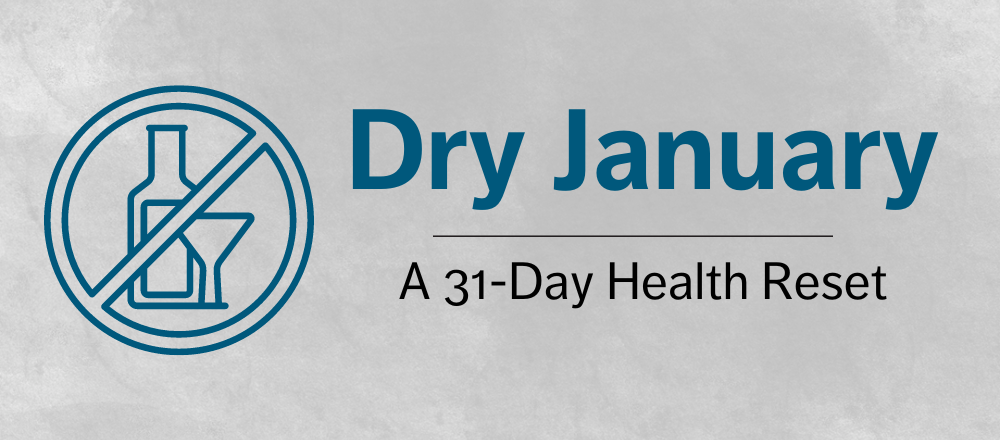Diabetes and Liver Health - How They Are Linked
June 20, 2023By: Ciara Rojas-Pate
Categories: Diabetes, Your Wellness

Living With Diabetes
Learn about the basics of diabetes, and get tips on how meal planning, exercise, proper medication and coping strategies can help you live well.
If you have diabetes, your body either doesn’t make or properly use insulin, which is essential for processing sugars, starches and other foods to give you energy. If your diabetes isn’t managed well, it can lead to other serious diseases or conditions. It can affect many organs and systems in the body, including the brain, eyes, heart, kidneys and liver. Diabetes is the most common cause of liver disease, making it important to be aware and monitor your liver health.
How Does It Affect Your Liver?
The liver is an organ the size of a football that breaks down medications, filters toxins out of blood and produces vital nutrients. When your diabetes isn’t managed well, it can increase your risk of liver diseases like:
- Nonalcoholic fatty liver disease (NAFLD). This disease occurs when fat builds up in the liver, affecting the way it functions.
- Cirrhosis. This is severe liver scarring that makes it harder for the liver to function properly and can become life-threatening if left untreated.
According to the Centers for Disease Control and Prevention, about 60% of people in the U.S. with type 2 diabetes have NAFLD. It usually doesn’t cause symptoms, but it can increase the risk for cirrhosis, heart disease, kidney disease, liver cancer and liver inflammation.
How Does It Affect Other Organs?
Not managing your diabetes can also cause damage to your brain, eyes, heart and kidneys. Diabetes can affect your cognition and brain structure. It can also damage small blood vessels in the brain, which can lead to strokes.
According to the American Diabetes Association, two out of three people with diabetes report having high blood pressure (HBP) or taking blood pressure-lowering medications. A healthy blood pressure reading should be less than 130/80 mmHg (millimeters of mercury). The top number, known as the systolic pressure, is the pressure when your heart beats. The bottom number, known as the diastolic pressure, is the pressure when your heart rests between beats. Having consistently HBP can cause damage to the retina and surrounding blood vessels in the eyes. This can lead to vision problems and blindness.
People with diabetes are twice as likely to develop heart disease compared to those who don’t. Diabetes can also cause damage to the blood vessels and nerves that control the heart. It can also damage blood vessels in the kidneys, impairing their ability to get rid of waste.
Prevent Organ Damage
There are several actions you can take to protect your organs and maintain good liver health.
- Eat a healthy diet with small amounts of saturated fats and sugar.
- Exercise regularly.
- Stop smoking and limit how much alcohol you drink.
- Work with your doctor or a diabetes educator to build a care plan for managing your A1C, blood sugar, blood pressure and cholesterol.
If you have diabetes and worry about the health of your organs, talk with your doctor. Find a Meritas Health doctor who can help you live well with diabetes.
Related Reading
Your Guide to Living Well With Diabetes
Endocrinologist Shares 5 Tips for Living With Diabetes
Diabetes: Myth vs. Fact



